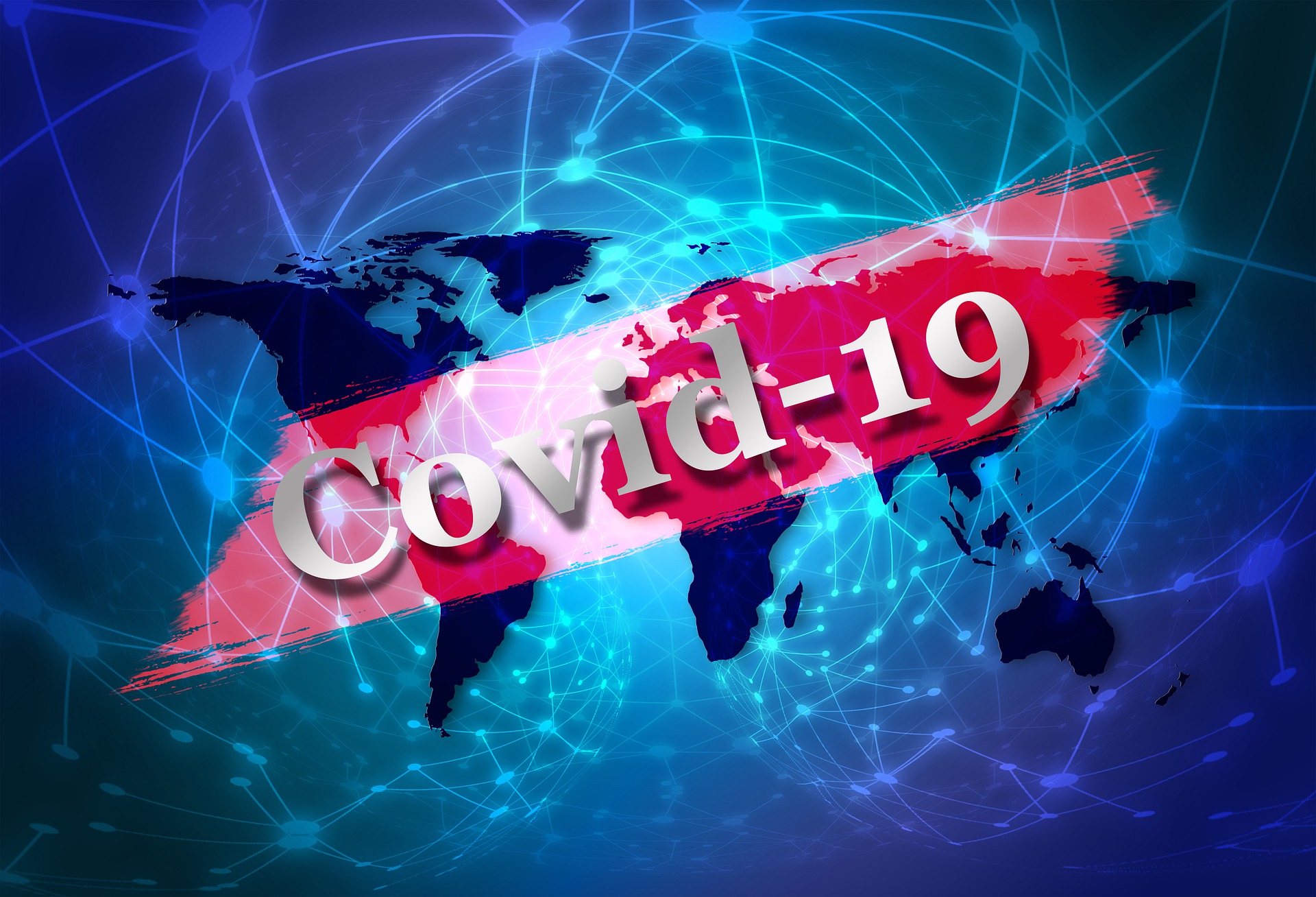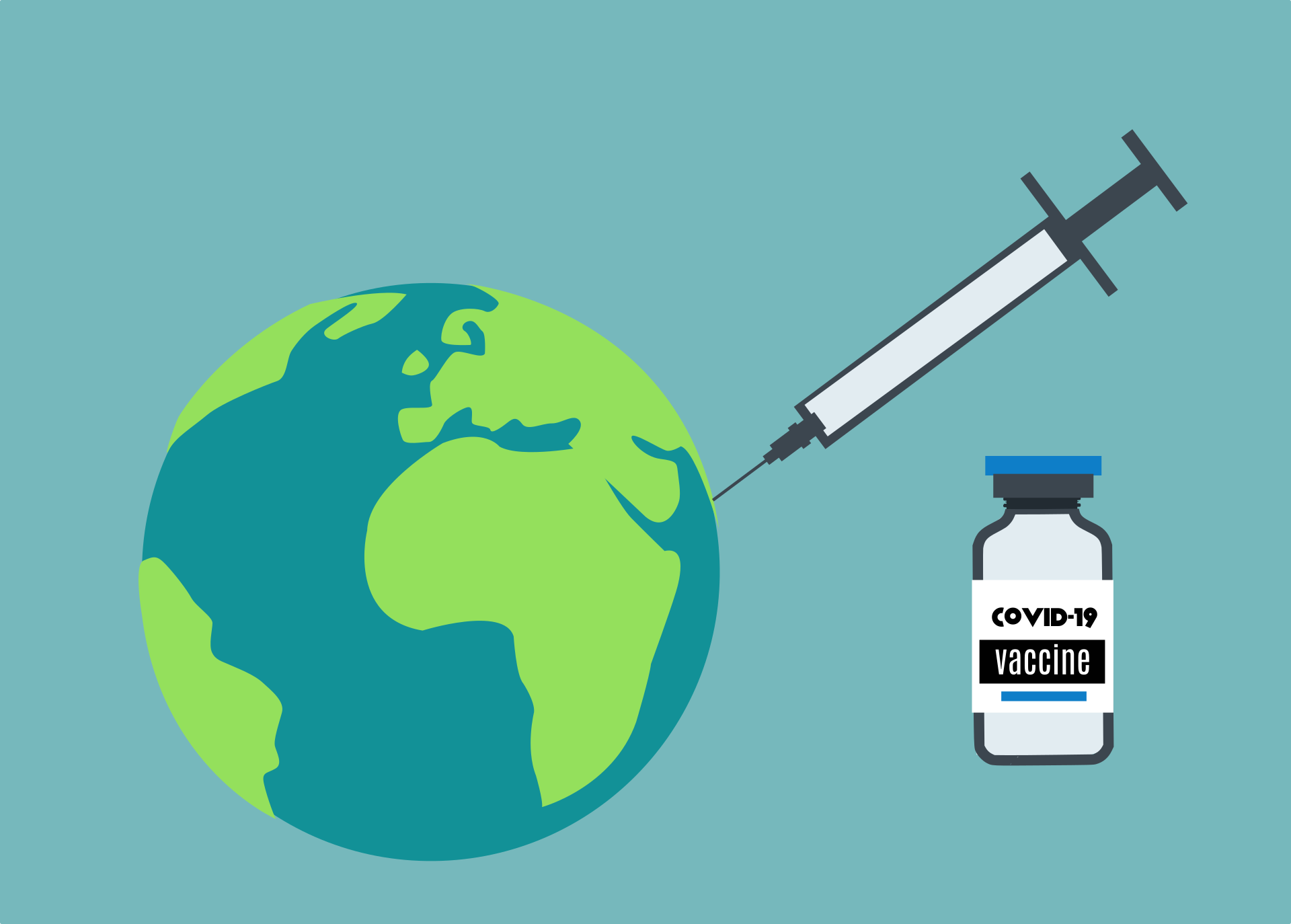We looked at the function of theories and possible (conspiracy) theories for understanding the Corona crisis in the last blog. I said there that an important function of theories and theoretical models is prediction. In concrete terms, this means thinking about what else would have to happen or should follow if a theory were true.
This is how scientific theories are tested: So-called “predictions” are derived, i.e. consequences from the theory, which are then tested empirically or experimentally. Over 350 experimental predictions have been derived from quantum theory, they have been tested experimentally and in no case has the experimental test disproved the theory. Therefore, this theory is considered one of the best confirmed theories in science.
How does such prediction and testing work? An example from the Corona vaccination strategy: If it is true that the mRNA vaccines cause blood clots, as vaccination critics say, then one would have to find signs of this in the blood diagnostics, namely d-dimers. These are cleavage products of fibrin, a protein product that is formed during blood clotting. According to my personal unsystematic questioning of various doctors, this is the case: after Covid-19 vaccinations, such d-dimers are found more frequently, especially when people report problems.



